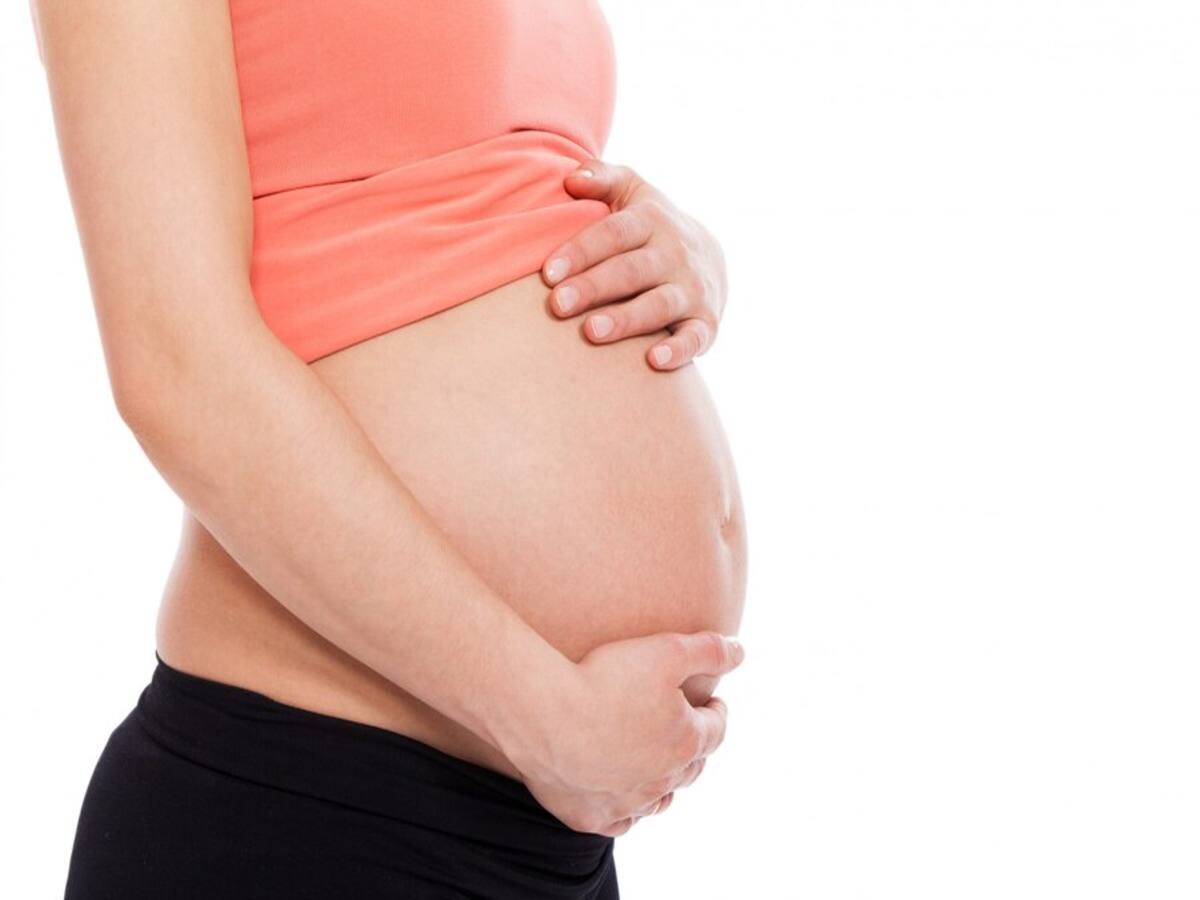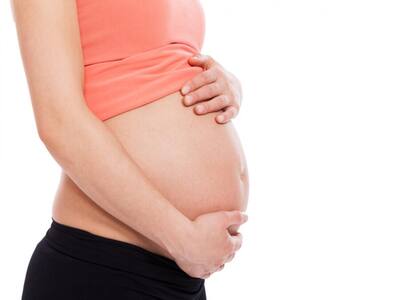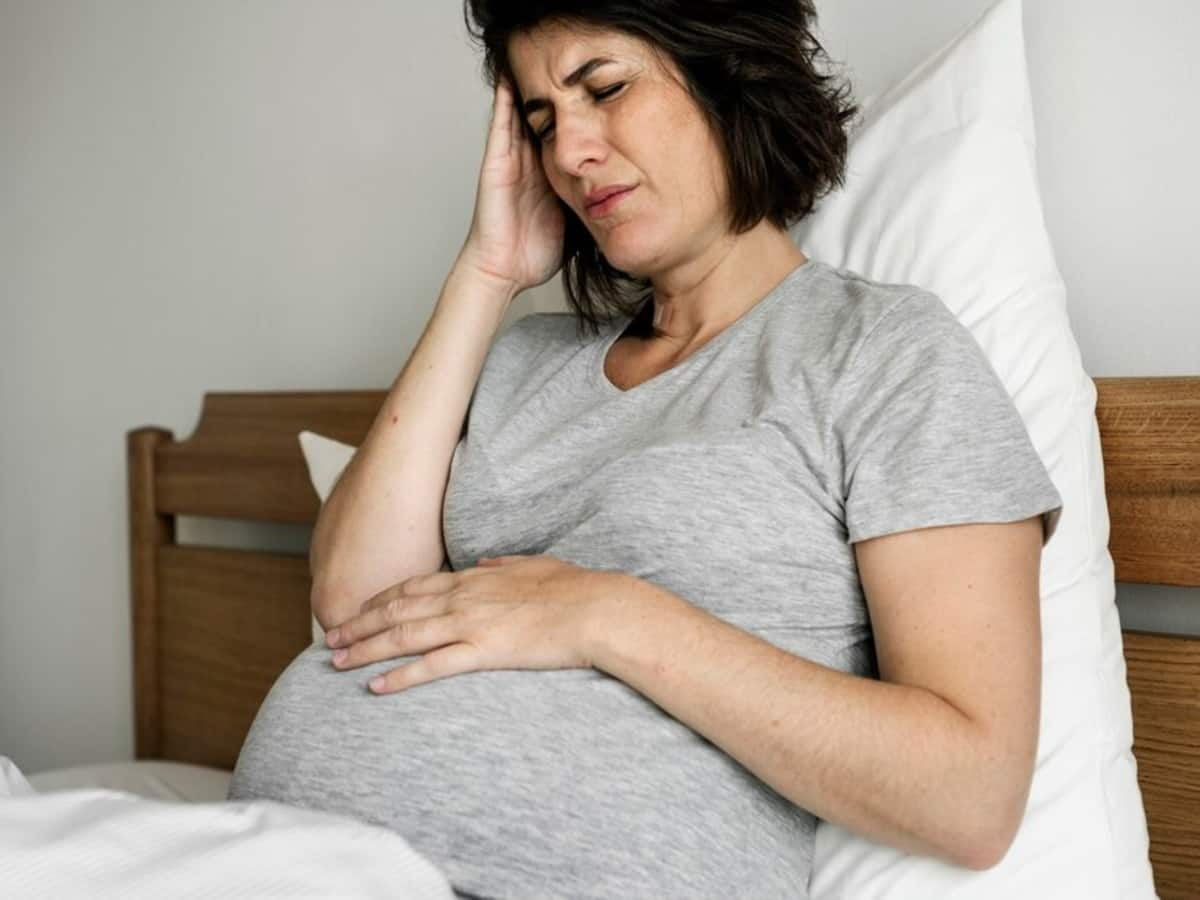

Find out what steps pregnant women can take to better manage the risks associated with extreme heat.
The global heatwave problem has been causing a lot of health issues in people. Across the world, temperatures have been soaring to dangerous levels. Cases of heat strokes, dehydration, and even death have been reported from many corners of the world. But, beyond the usual symptoms of unbearable heat, there are other health aspects that need urgent attention and discussion. Among them is the impact of heatwaves on pregnant women. A new study has found heat waves can increase the rate of preterm births which, in turn, can lead to ‘poorer health outcomes’ for babies; it can also impact their long-term health.
Pregnant Women Are Most Vulnerable
Citing the study, a Guardian report mentioned that Black and Hispanic women, and those belonging to lower socioeconomic groups, are particularly at risk of delivering prematurely because of heat waves. According to the Centers for Disease Control and Prevention (CDC), pregnant women (besides children and the elderly) are among the most vulnerable to ‘heat stress’. They are also more likely to experience heat stroke and exhaustion caused by heat. All of this can severely affect their unborn babies.
Lyndsey Darrow, author of the study and professor of epidemiology at the University of Nevada was quoted as saying in the Guardian report, “The [findings] suggest there are populations that are unable to avoid the heat and are experiencing much bigger effects.”
Impact Of Heat On Women’s Bodies
To understand more about how extreme heat influences pregnancy, we reached out to Dr Anusha Rao P, consultant obstetrics and gynaecology at Yashoda Hospitals Hyderabad, who said that heat waves have been increasingly linked to a higher risk of early births because of the physiological stress that they impose on pregnant women.
Premature labour
The doctor explained that when temperature increases, the body’s mechanisms to regulate heat — such as sweating and increased blood flow to the skin — are increased. “This can lead to dehydration and a reduction in blood flow to the uterus, potentially triggering contractions and leading to premature labour,” she said.

Pre-Existing Conditions
The doctor added that extreme heat can exacerbate pre-existing conditions like hypertension and cardiovascular issues, further heightening the risk of preterm delivery.
Health Challenges For Babies
Dr Anusha also highlighted the health challenges faced by preterm babies, stating that babies born during a heat wave may face a range of health issues. “Premature infants are inherently more vulnerable to health complications like respiratory distress, jaundice, and infections due to their underdeveloped organs and immune systems. The heat itself can pose direct risks. High temperatures can exacerbate dehydration and heat stress in newborns, who are less capable of regulating their body temperature. This can result in conditions like heat exhaustion or even heatstroke, which are particularly dangerous for infants,” she warned.
What Precautions Should Pregnant Women Take?
Pregnant women giving birth during scorching summer heat should take several precautions to safeguard their health and that of their babies, said the doctor. Read on.
- Staying well-hydrated is crucial to prevent dehydration, which can contribute to maternal and fetal distress.
- Regularly drinking water, even before feeling thirsty, is essential.
- Avoiding prolonged exposure to the sun and staying in cool, air-conditioned environments as much as possible can help reduce the risk of overheating.
- Wearing loose, lightweight clothing and using fans or cooling towels can also aid in temperature regulation.
- Monitoring for signs of heat-related stress is important.
- Symptoms such as dizziness, headache, rapid heartbeat, and contractions should prompt immediate medical attention.
- Regular prenatal check-ups become even more critical during heatwaves to ensure both maternal and fetal well-being.
- Maintaining a balanced diet with plenty of fruits and vegetables can help support hydration and provide essential nutrients.
“By taking these steps, pregnant women can better manage the risks associated with extreme heat,” the doctor concluded.
Don’t Miss Out on the Latest Updates.
Subscribe to Our Newsletter Today!
link









:max_bytes(150000):strip_icc()/GettyImages-1000882834-2000-17d5634ce6084935bab9ca5fee82f358.jpg)